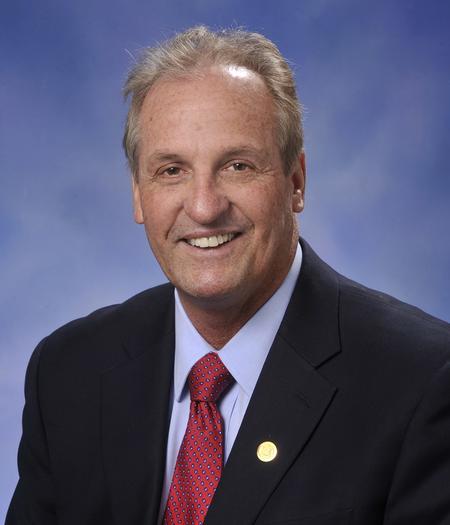Workgroup To Look for Answers After Michigan Unemployment Agency Computer Glitch
The glitch wrongly accused tens of thousands of people of fraud.

A group of experts will try to figure out how a state computer glitch wrongly accused thousands of people of fraud.
Between October of 2013 and August of 2015, the agency’s processing system wrongfully accused tens of thousands of people of unemployment fraud. The agency had been almost exclusively relying on a computer program to determine unemployment fraud with very little human verification.
Wendy Block is with the Michigan Chamber of Commerce and on the workgroup. She said the agency had a “get the money out the door” mindset, and not scrutinizing the outcomes from the software may have been a step too far.
“The agency has appropriately changed procedures in this regard,” she said. “But it is an important discussion to kind of learn what went wrong and how the system is working now that it’s been more rightsized.”
Now, a bipartisan group of lawmakers, employer relations experts, and advocates for unemployment claimants will tackle the fraud issue and look into how things went so wrong.
But state Rep. Joseph Graves (R-Linden), who is spearheading the group, said they also want to find other ways to improve the agency.
“This isn’t working for the taxpayers,” he said. “So we need to better understand what can they as a department do to make it work better for the taxpayers.”
Graves explained that they need to make sure the system works for both employers and employees.
“If the office reaches out to an employer and say, ‘Can you tell us is this so-and-so laid off, what’s the status, why should you be collecting unemployment?’ – that should be done in a timely manner. Not weeks later to find out there was fraud committed,” Graves said.
Since the revelation of mass scale fraud accusations, the director of the agency has been reassigned and the agency agreed to a series of policy reforms to settle a federal lawsuit. Tens of thousands of computer-based accusations of fraud have been overturned and victims have been refunded a total of over five million dollars.

